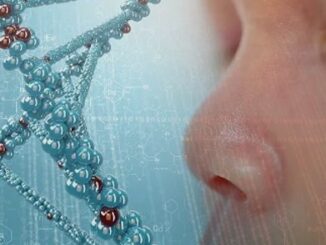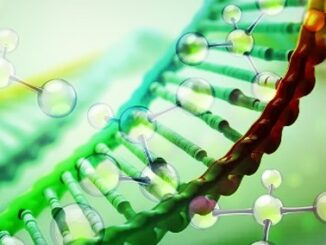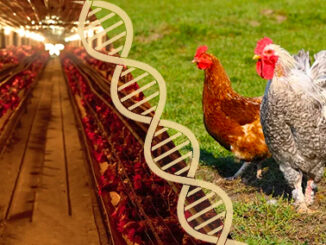Common Flame Retardant Alters the Epigenome of Aquatic Organisms
Flame retardants are ubiquitous chemicals added to numerous consumer products to prevent the spread of fire. While they are essential in enhancing fire safety, their widespread use has raised concerns about their environmental and health impacts. One such flame retardant, triphenyl phosphate (TPhP), has gained popularity as an alternative to previously restricted compounds. However, recent studies suggest that TPhP may pose risks to both aquatic ecosystems and human health through its potential to disrupt endocrine systems and alter gene expression. [more…]











